10 ways Syrian women risk it all for peace
What does bravery look like? What strength and character does it take to risk imprisonment, torture, and even death for the sake of a future you may not see?
I know what it looks like. I’ve witnessed it in Syrians of all ages, religions, and ethnicities. I’ve seen it in hundreds of simple and not-so-simple acts of defiance, retold to me matter-of-factly over tea. I marvel at it every time the women who travel from inside Syria to attend our trainings manage to laugh or smile, which is often. When they willingly return to their besieged country, vowing to work even harder for peace, its presence overwhelms me.
Syrian women have made the exceptional ordinary. The stories I’ve heard over the last few years are only a fraction (here’s another 10 Ways Syrian Women Are Building Peace and Democracy), yet they epitomize what is possible in this “intractable” conflict.
So what does bravery look like? It looks like this.
Note: because of the security risks, all names and exact locations have been omitted.
1. Stopping child marriage
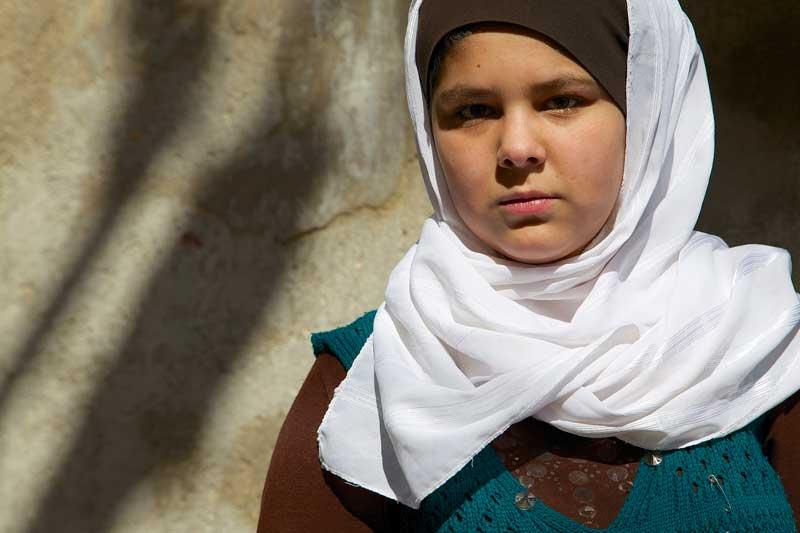
To cope with the economic devastation of war, many Syrian families are selling their teenage daughters into marriage. In one ISIS-controlled city — where foreign fighters, in particular, offer hefty dowries — an estimated two in 10 girls are victims of this practice.
But a group of female activists is going house to house to convince families that early marriage is damaging to girls’ physical and mental health. If ISIS finds out, they’ll execute the women. But the group uses this conservatism to their advantage — under the full-length abayas they’re forced to wear, the women are free to move through checkpoints without being identified. They’ve saved at least 50 young girls over the course of three months.
2. Uniting refugees and host communities
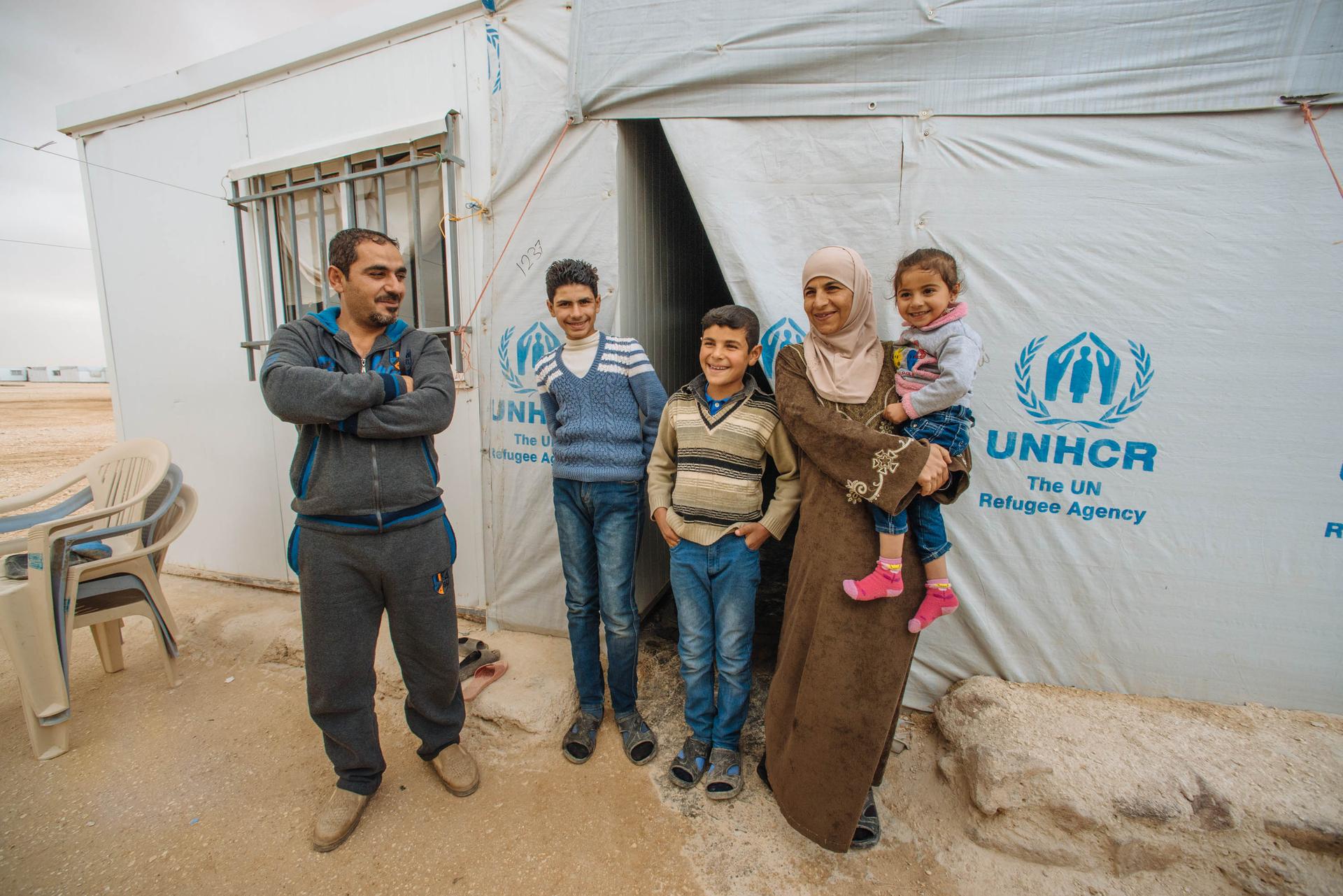
Four million Syrians have fled the country to seek safety in Turkey, Jordan, Lebanon and Iraq. This influx, now going on four years, has understandably caused tensions between refugees and the communities that host them. It costs governments significant money to host large refugee populations, and Syrians may compete with locals for employment.
One group of female refugees in southern Turkey is trying to bridge the gaps between their Turkish and Syrian classmates at universities. They’ve developed activities to help students recognize and discuss common areas of interest, such as literature and history. Another group is providing refugees with Turkish language training, the first step toward communicating across divides.
3. Policing the streets
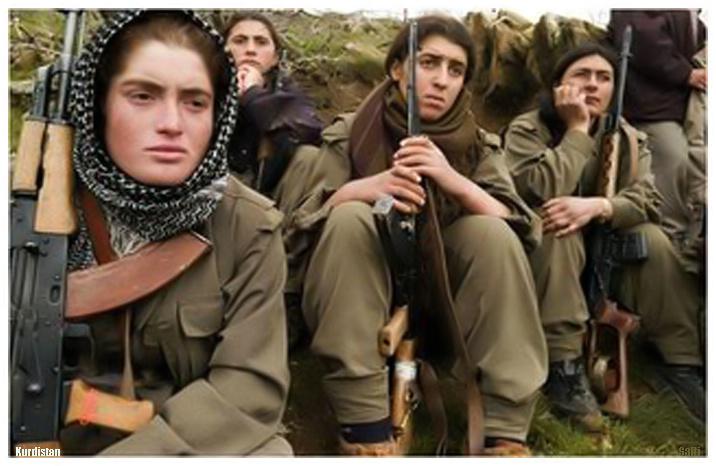
By now, you’ve heard about the female Kurdish peshmerga fighters who are battling ISIS in both Syria and Iraq. But there are other women providing much-needed security and rule of law in one opposition-held city. Two years ago, 20 of them banded together to form an all-female police brigade. At first, the community shunned them; but now they’ve gained trust, respect and even their own station.
They’ve proven particularly adept at working with female victims — especially of gender-based violence — who report crimes more often to the women’s brigade. Unlike policemen, they can enter conservative households when only women are present, providing families with critical services.
4. Listening to marginalized groups
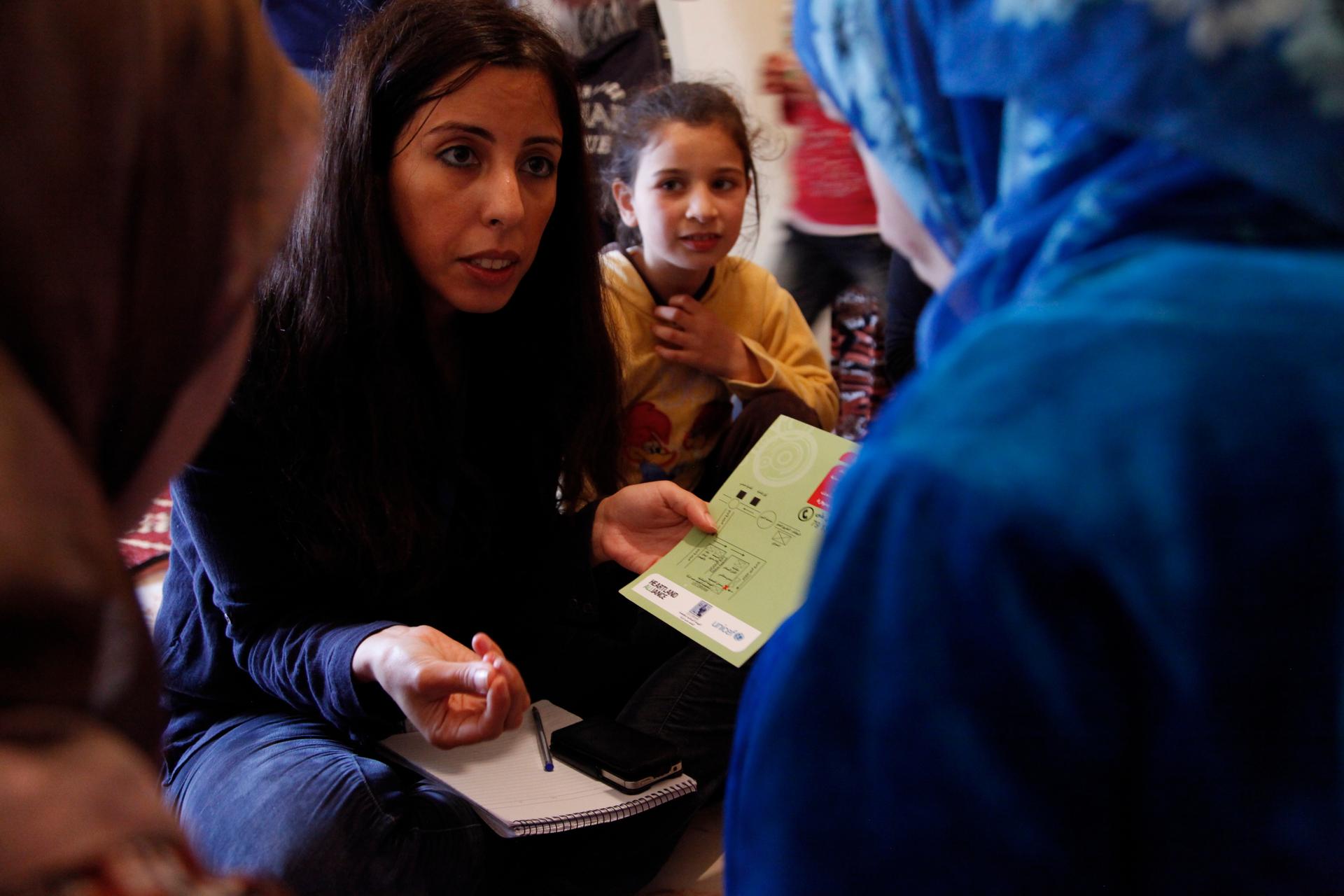
Women in rural villages face a unique set of challenges. Their political, economic, social, and security needs may be different from those of women in cities. Yet, because of their remote location, they are often overlooked.
Female activists in one region controlled by the al-Nusra Front organized a campaign to conduct a series of consultations with 10 villages in the neighboring mountains. They found out about many problems, including that al-Nusra militants were randomly arresting young men from one of the villages. With the local women, they staged a sit-in; the detainees were released two days later. They are also developing economic empowerment programs for rural women to address crippling poverty.
5. Reopening schools
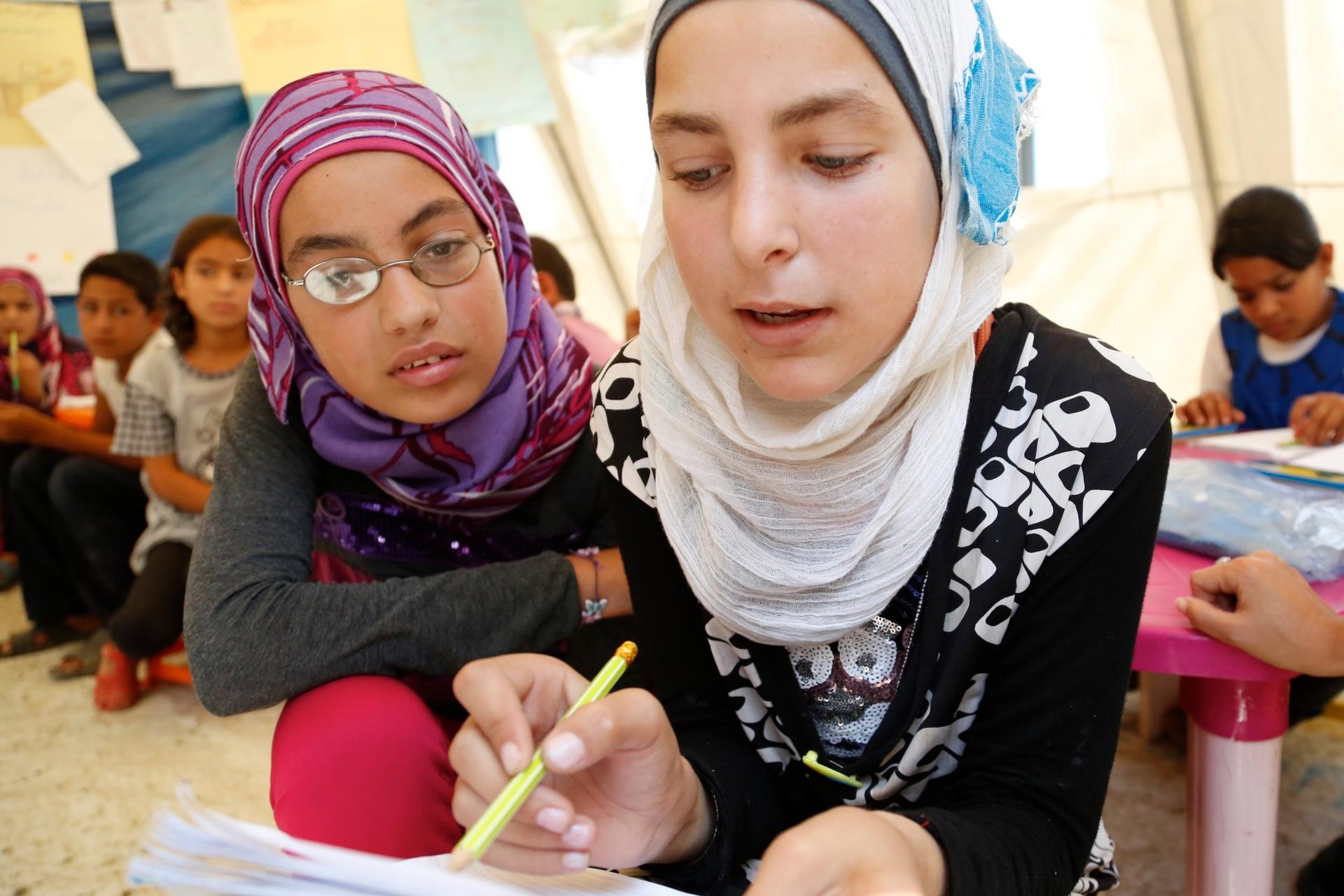
In ISIS-controlled areas, where one of the extremists’ first actions was to stamp out education, opening a school is among the riskiest endeavors anyone can undertake. Despite that danger, one group of women negotiated to open two private schools. They marched to the office of a local leader and convinced him that Islamic scripture favors education.
They can only keep the schools open two hours a day because the electricity is out the rest of the time. But they’ve enrolled hundreds of children who had been denied education for much of the last year. Thus far, ISIS has left them alone to teach.
6. Helping families survive
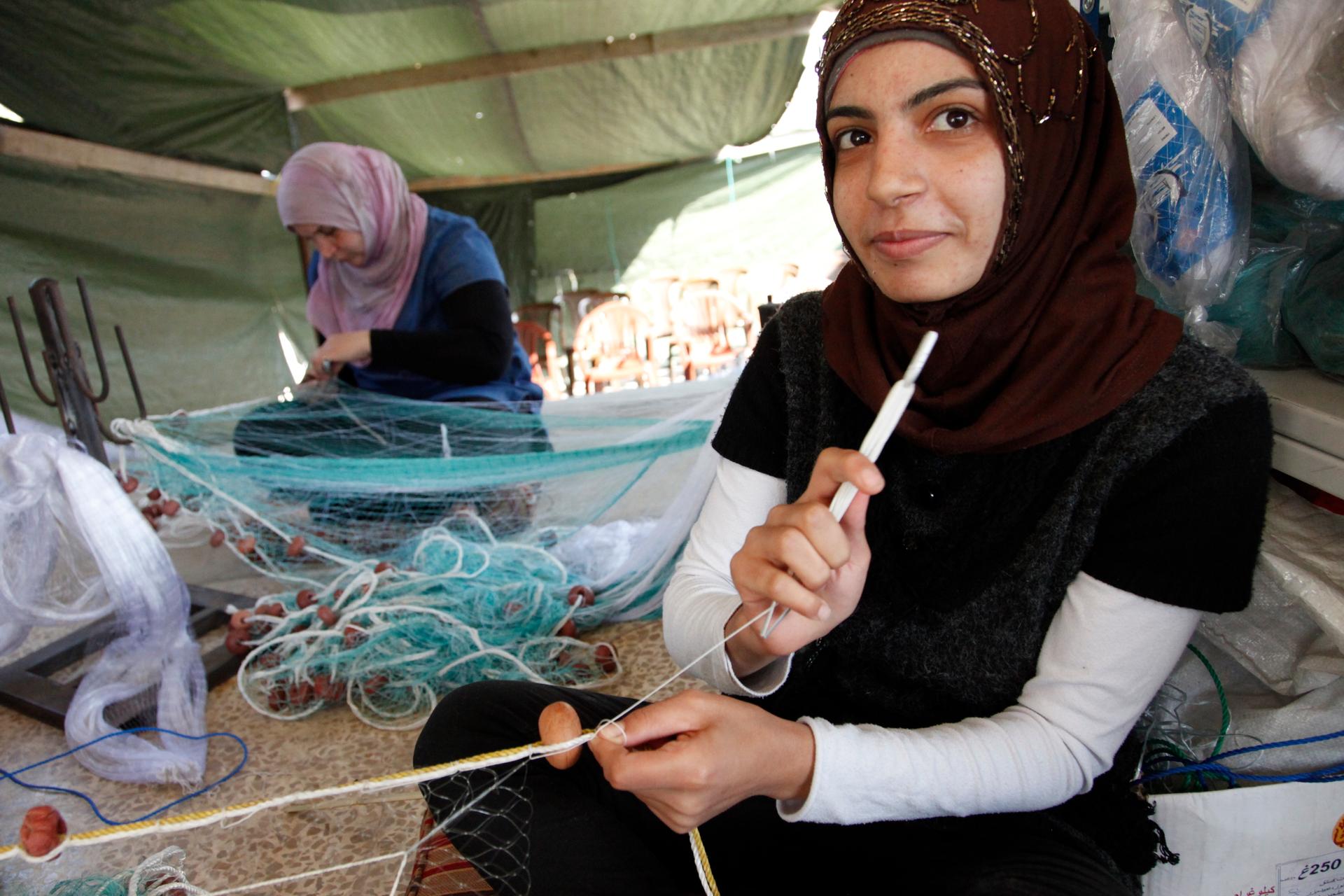
The lack of job opportunities inside Syria and within refugee communities makes women and children particularly vulnerable. In addition, women are not always able to work outside the home, both because of their family duties and because their movement may be restricted.
Several groups of activists are developing women’s professional skills, teaching them computing, first aid, English, and how to make handicrafts and clothes. In one area near Idlib, they formed an institute that’s trained more than 300 people. Another group in a refugee area of Turkey established a cheap hostel for single Syrian women, to reduce the risk that they may turn to prostitution, forced marriage or other exploitative activities in order to survive.
7. Reforming corrupt courts

The judicial system in Syria is shattered. The regime uses courts, including a special one set up via a sweeping “Counterterrorism Law” two years ago, to stifle dissent and punish peaceful activists. ISIS and others have implemented sharia courts that have publicly executed hundreds of people for petty “crimes.”
In one Kurdish area, there’s a different problem: The reigning political party established autonomous “people’s courts” that follow neither Syrian nor international law. One group of female activists, including several lawyers, is challenging this system, which they say allows loyalists to escape punishment while targeting those who support the opposition. They are uniting different groups to speak out against the sweeping authority of these judicial dictators.
8. Vaccinating children
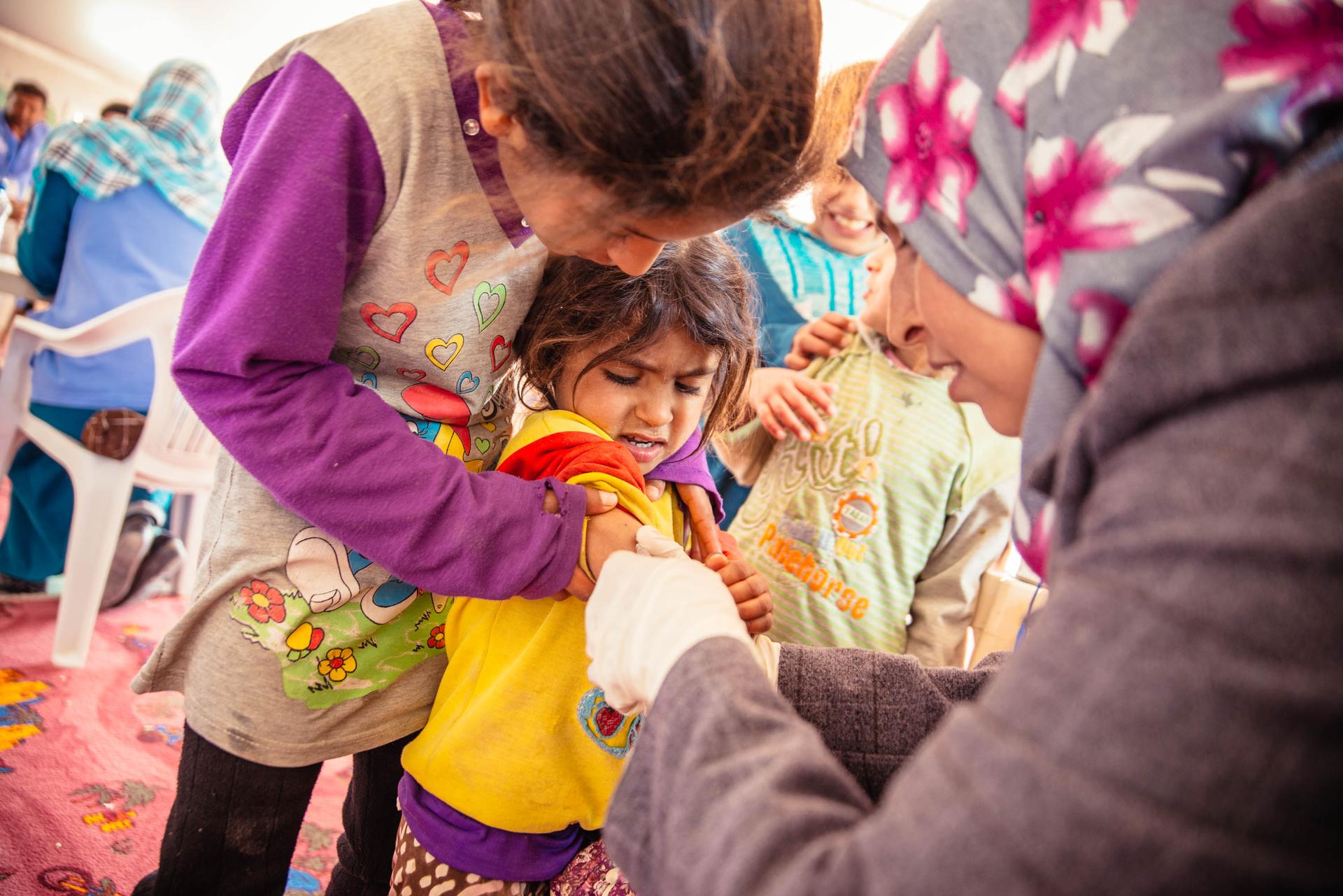
Women have distributed and monitored humanitarian aid throughout the war. Many are also stepping in to provide essential services that, in peacetime, would be the responsibility of the government.
For instance, a group of women near Idlib led a campaign to vaccinate newborns during the critical first few days of life. Partnering with a local medical aid organization, they spent seven months bringing vaccines directly to people’s homes, since the regime continues to bomb the city. They successfully immunized about 600 children during each month of the campaign.
9. Disarming youth
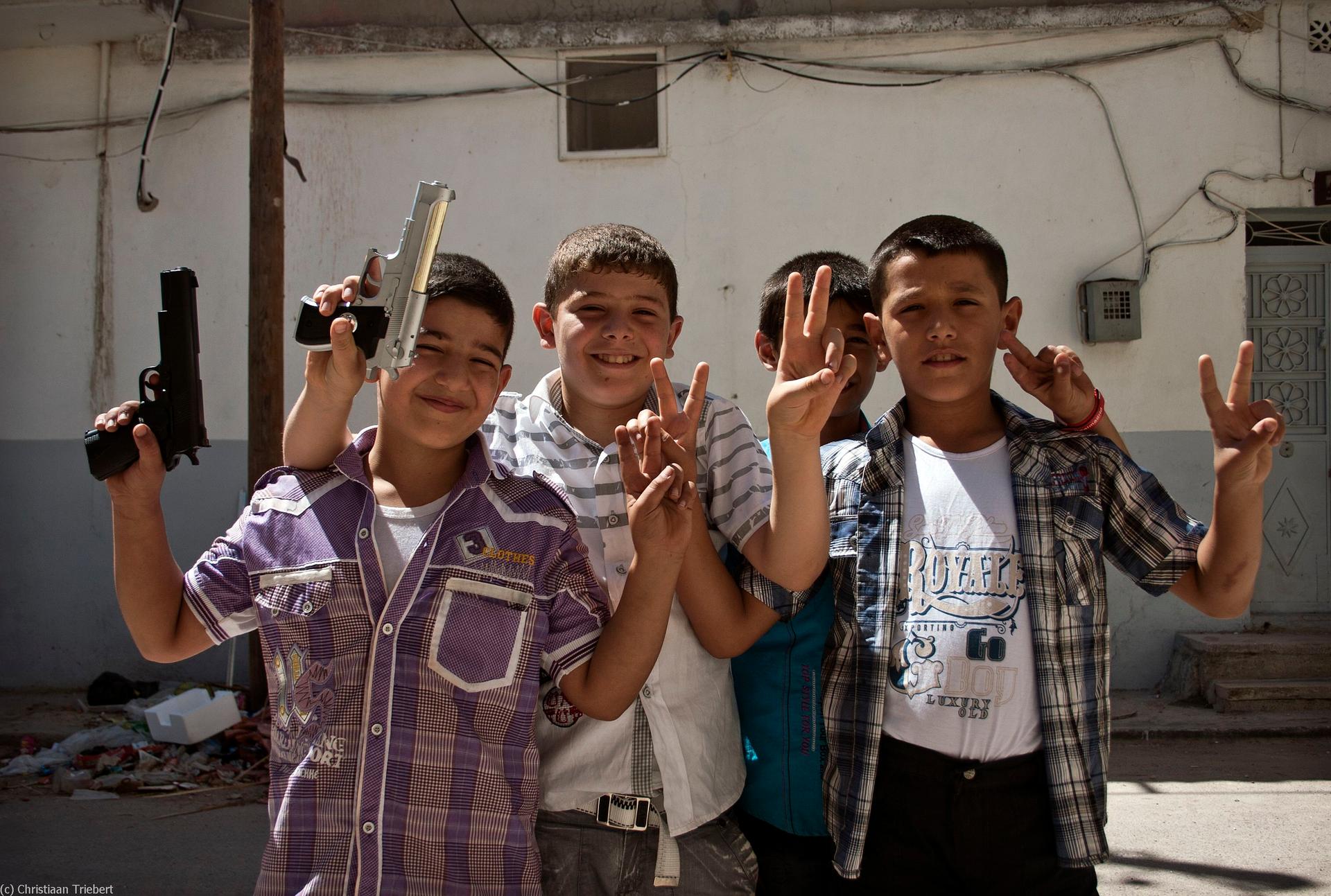
In one city near Idlib, many children between the ages of 13 and 18 have obtained weapons, attempting to imitate their fathers. But the proliferation of arms is turning schoolboy fights into dangerous street brawls. In addition, there are many militias in the area that are recruiting youth for the frontlines.
A group of women is pushing the local council to stem this dangerous trend. They’ve asked the authorities to pass a law stating that children under age 18 cannot carry weapons and that arms purveyors cannot sell to them. The local council promised to do so months ago, but the women are maintaining pressure until the law is passed.
10. Mobilizing a movement for peace
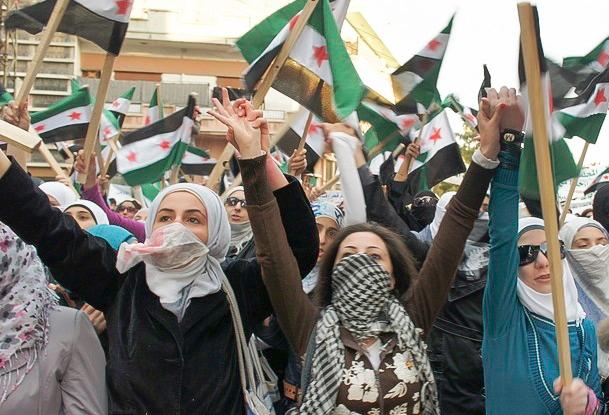
All of the women trained by The Institute for Inclusive Security commit to mobilizing a “peace circle” of at least 10 other women when they return to their home communities. Most of the activities above were initiated by these leaders, who taught others the same skills: How to analyze the problems in their local areas and determine strategies for addressing them.
In addition, “peace circles” have run awareness raising campaigns for coexistence and human rights, supported current and former detainees with legal and psychological counseling, successfully lobbied to remove names from the regime’s list of wanted activists, and much more. The energy and creativity of these women is boundless. They are Syria’s best hope for a peaceful future.
Kristin Williams is Senior Writer and Program Officer at The Institute for Inclusive Security. Over the last three years, she has interviewed dozens of Syrian women about their local-level peacebuilding activities.
We want to hear your feedback so we can keep improving our website, theworld.org. Please fill out this quick survey and let us know your thoughts (your answers will be anonymous). Thanks for your time!